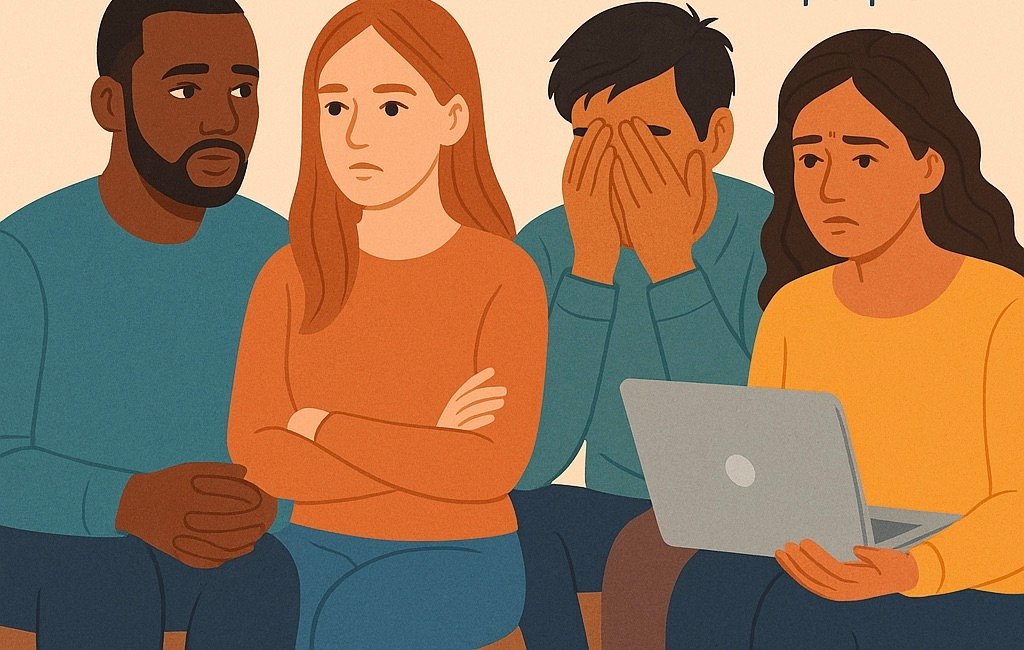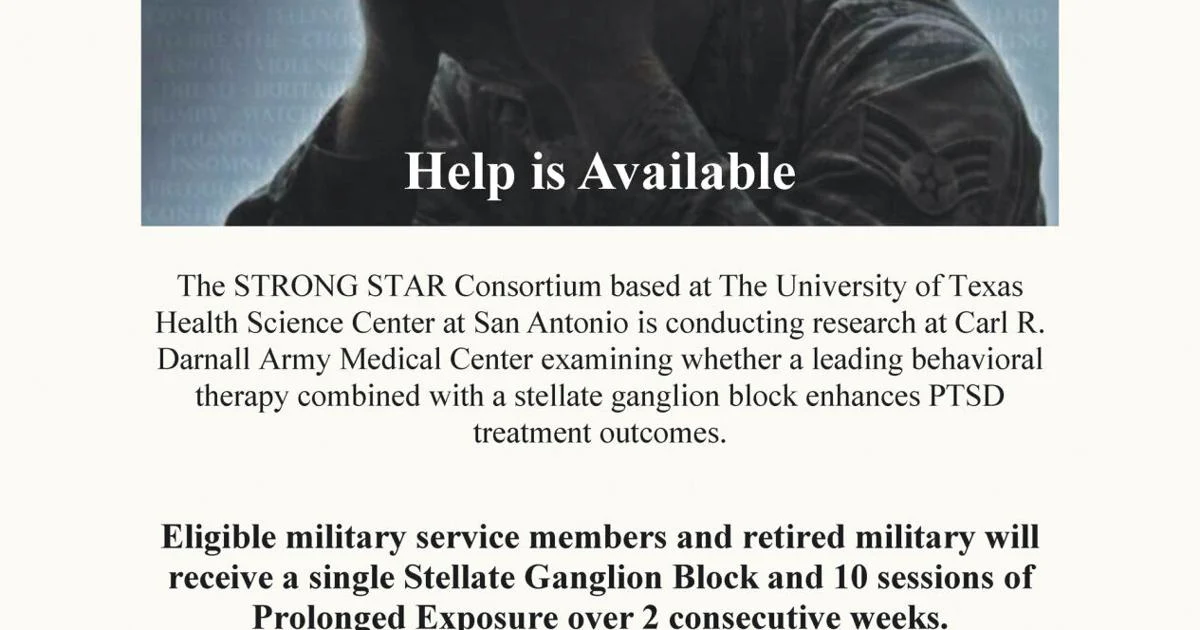In the latest episode of the Full of Beans Podcast, Dr. Amy Harrison, a Clinical Psychologist and Associate Professor at UCL, shares her expertise on Family-Based Treatment (FBT) for eating disorders. With over 13 years of experience in various clinical settings, Dr. Harrison emphasizes the importance of family involvement in the recovery process for children and adolescents struggling with these conditions.
Family-Based Treatment is an evidence-based approach that empowers families to support their children in overcoming eating disorders. Dr. Harrison explains that FBT is primarily designed for younger individuals, allowing them to recover in their home environment with the support of their family members. This method is particularly effective for conditions such as anorexia nervosa and bulimia nervosa.
The structure of FBT consists of three distinct phases. In the first phase, family members are actively engaged in helping their child regain weight and stabilize their eating patterns. During this phase, parents take charge of meal planning and preparation, with the goal of restoring the child’s healthy weight. The second phase focuses on gradual independence for the child, where they begin to take on more responsibility for their own eating. The final phase aims to address any psychological and emotional issues that may have contributed to the eating disorder.
Dr. Harrison highlights the necessity of involving family members in the treatment process. Studies show that families who participate in FBT see higher rates of recovery compared to those who do not engage. In fact, research indicates that approximately 75% of adolescents with anorexia nervosa who undergo FBT recover fully, demonstrating the effectiveness of this approach.
The conversation also touches on the challenges families face when dealing with eating disorders. Dr. Harrison notes that these conditions often create tension within the household, leading to misunderstandings and conflicts. By fostering open communication and understanding, families can better support their loved ones and facilitate a smoother recovery process.
FBT not only addresses the symptoms of the eating disorder but also strengthens family dynamics. By working together, families can develop healthier relationships and build resilience, both during and after treatment. Dr. Harrison’s insights underscore the critical role that family support plays in the recovery journey for young individuals dealing with eating disorders.
For more detailed information on Family-Based Treatment and its benefits, tune into the Full of Beans Podcast episode featuring Dr. Amy Harrison.



